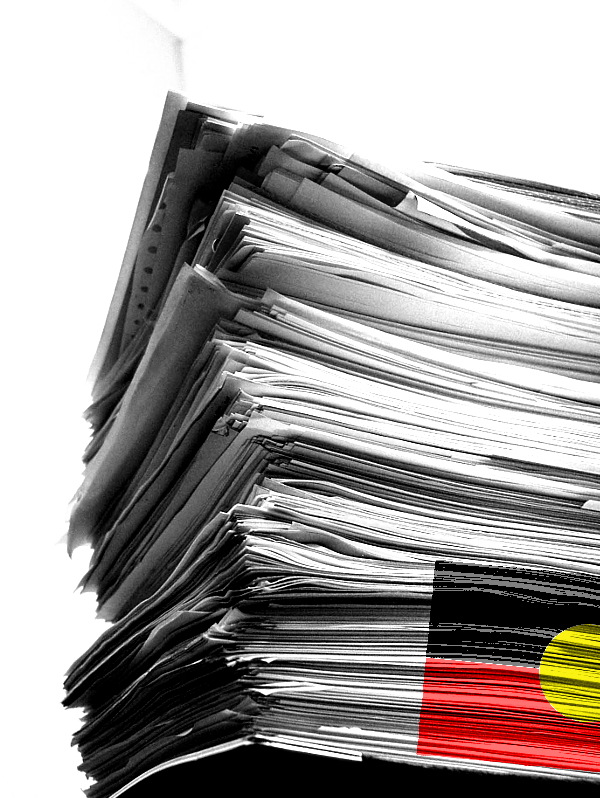Empowerment hung on recognition
 Traditional owners across the Top End say they feel “invisible” without constitutional recognition.
Traditional owners across the Top End say they feel “invisible” without constitutional recognition.
Over a hundred traditional owners met in Darwin this week for Indigenous-led Referendum Council meetings.
The meetings aim to set up the proposed national referendum on recognising Aboriginal and Torres Strait Islander people in the constitution.
“We're not recognised, that's the problem, Aboriginal and Torres Strait Islander people are almost invisible,” co-chair of the Referendum Council, Alyawarre woman Pat Anderson said.
“We're not in the constitution ... we have no power, we are powerless, nobody has to talk to us about anything and successive governments don't.
“We're hopeful that by amending the constitution, we can be properly recognised — we're not talking about a plaque in the constitution or some kind of poetry, we're looking for substantive change.”
Constitutional recognition, a treaty, statehood, and land rights were the main topics discussed.
There was a strong push to preserve Aboriginal languages, and for Aboriginal Studies to be taught in schools to maintain culture and spirituality.
“Most importantly is that our lives are governed by a piece of legislation that's at the whim and fancy of whatever government is in power,” Coburg Peninsula traditional owner and co-convener of the convention, John Christopherson said.
“So if we have a hostile government tomorrow that doesn't like that we are saying, whatever wins we have made can be wiped out.
“So it's important that we have this discussion and come up with a position that is meaningful, it is beneficial, and it is enduring for Aboriginal people.”
Former Aboriginal and Torres Strait Islander Commission member Josie Crawshaw said traditional owners wanted to lead Indigenous organisations.
“In the Northern Territory, [constitutional recognition] would address land rights, it would address statehood, it would address us having our own organisations and probably a body that would be able to have a financial package that helps us to be more self-determining and run our own services,” she said.
“Because at the moment it's basically done by a non-Aboriginal industry and very little of the Aboriginal dollar gets to the ground on the communities.”
Ms Crawshaw hopes constitutional recognition will allow a treaty process ahead of the establishment of a treaty commission.
“But there's also strong views about having representation in designated seats in Parliament, there's also strong views about having a body that is enshrined in constitution that can't be closed down like ATSIC and other bodies that have gone before that,” she said.
The Referendum Council will hold talks across the country ahead of a National Indigenous Constitutional Convention at Uluru in May.
At this meeting, recommendations will be made for a report to be handed to the Prime Minister and the Leader of the Opposition.








 Print
Print